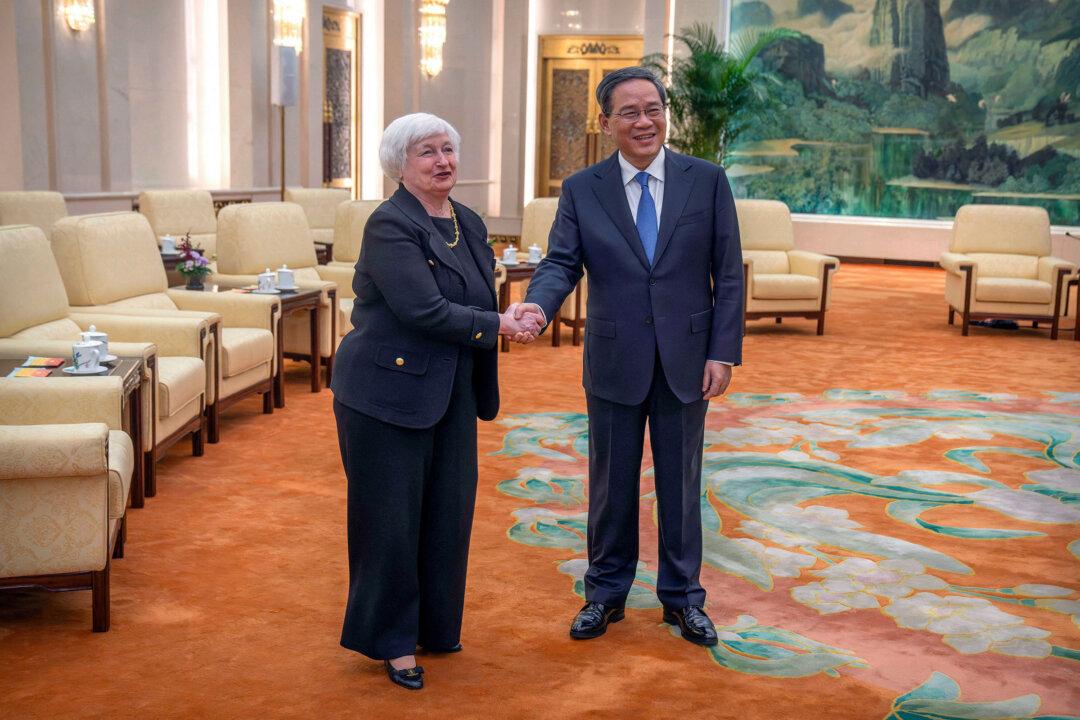Chinese Premier Li Qiang is reportedly confirmed as head of China’s new financial watchdog—the Central Financial Commission (CFC)—after presiding over a finance meeting on Nov. 20. However, one China observer speculates that Vice Premier He Lifeng could marginalize his authority within the commission.
Mr. He, who was named the office director of the CFC earlier this month, is also the Communist Party secretary of the Central Financial Work Commission.




